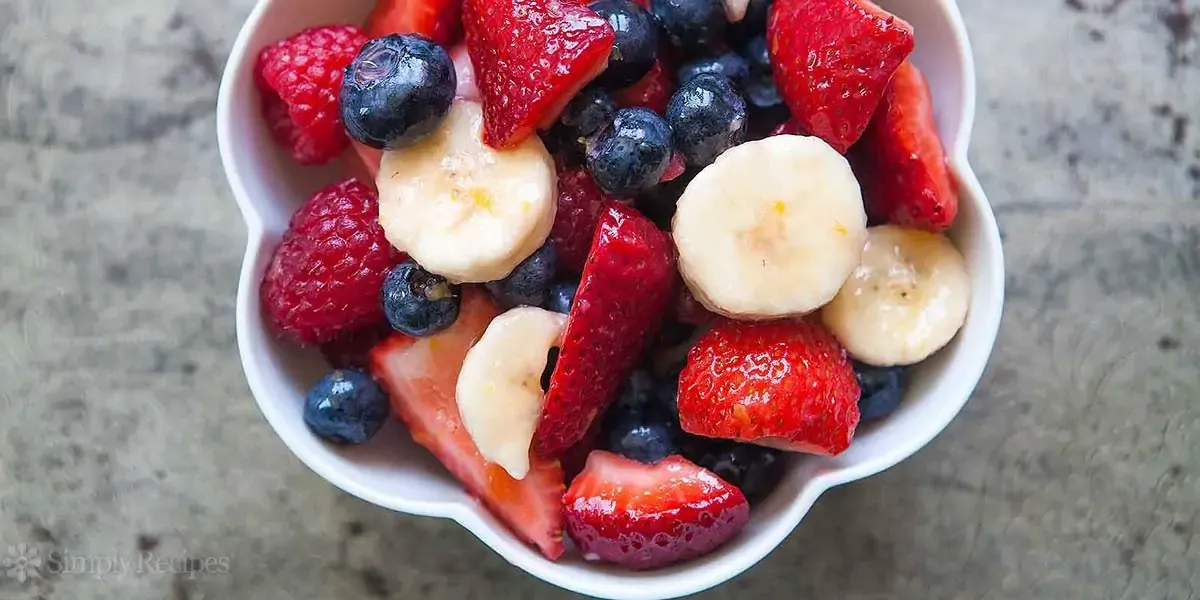The hot weather may be coming to an end, but the love for the thirst-quenching bananas and berries combo will not. Whatever the season is, bananas and berries have been one of the favourite fruit pairings for fruit bowls, smoothies, and desserts.
However, while it may seem like a sweet treat, a new study says that bananas and berries could give your health a bitter story. In this article, we’ll dive into the new research that says bananas and berries may also cause harm to your body.
Table of Contents
Bananas and Berries Don’t Go Well Together, New Study Finds
Adding slices of bananas provide sweetness and creaminess to smoothies, but a recent study reveals that blending bananas and berries together may not be the greatest combination for maximising flavanol intake.
Flavanols have been linked to a variety of health benefits, including enhanced brain function and a lower risk of cardiovascular disease. Among the fruits, berries are discovered to be high in flavan-3-ol, another flavonoid subtype. Beyond berries, foods like apples, pears, blueberries, blackberries, grapes and cocoa are also considered great sources of flavanols.
However, a study published in the journal Food & Function discovered that when flavonol-rich meals are blended with bananas, the level of flavanols in smoothies decreases. The study led by Javier Ottaviani, PhD, from UC Davis only comprised eight healthy male participants ranging in age from 25 to 60. Participants consumed a banana-based smoothie, a mixed berry smoothie, and a flavan-3-ol supplement.
Through blood tests, the study revealed that the flavan-3-ol content of the mixed berry smoothie was comparable to the control level, whereas the flavan-3-ol amount of the banana smoothie was 84% lower.
Moreover, this study received a lot of attention after a viral TikTok video summarising the findings stated that adding bananas to berry smoothies would “destroy their nutritional value”, which has now ignited an intense debate about whether bananas have a place in fruit smoothies.
“If consumers want to increase their flavanol intake via fruit smoothies, it’s best to avoid combining flavanol-containing foods, like berries, with fruits and vegetables that contain a high level of polyphenol oxidase, like bananas,” Ottaviani said.
Based on the research, to blame is an interaction between flavanols in berries and polyphenol oxidase (PPO) in bananas. PPO is the same enzyme that causes fruits to brown when exposed to oxygen—think about apple slices that have been left out for a few minutes.
“We sought to understand, on a very practical level, how a common food and food preparation like a banana-based smoothie could affect the availability of flavanols to be absorbed after intake,” said Ottaviani.
He continued, “We were really surprised to see how quickly adding a single banana decreased the level of flavanols in the smoothie and the levels of flavanol absorbed in the body. This highlights how food preparation and combinations can affect the absorption of dietary compounds in foods.”
Are there other alternatives for bananas in smoothies?
Flavanols are gaining popularity in the nutrition world. Last year, the Academy of Nutrition and Dietetics produced recommendations of 400-600 milligrammes of flavan-3-ols per day from foods such as raspberries, blackberries, apples, and green or black tea. If you want to increase your flavanol intake from smoothies, Ottaviani also recommends consuming foods with lower PPO levels, such as pineapple, oranges, mango, and yoghurt.
While the bananas and berries combo may cause a negative effect on your body, you don’t need to worry, because adding these alternatives can also make up for your sweet treat!

